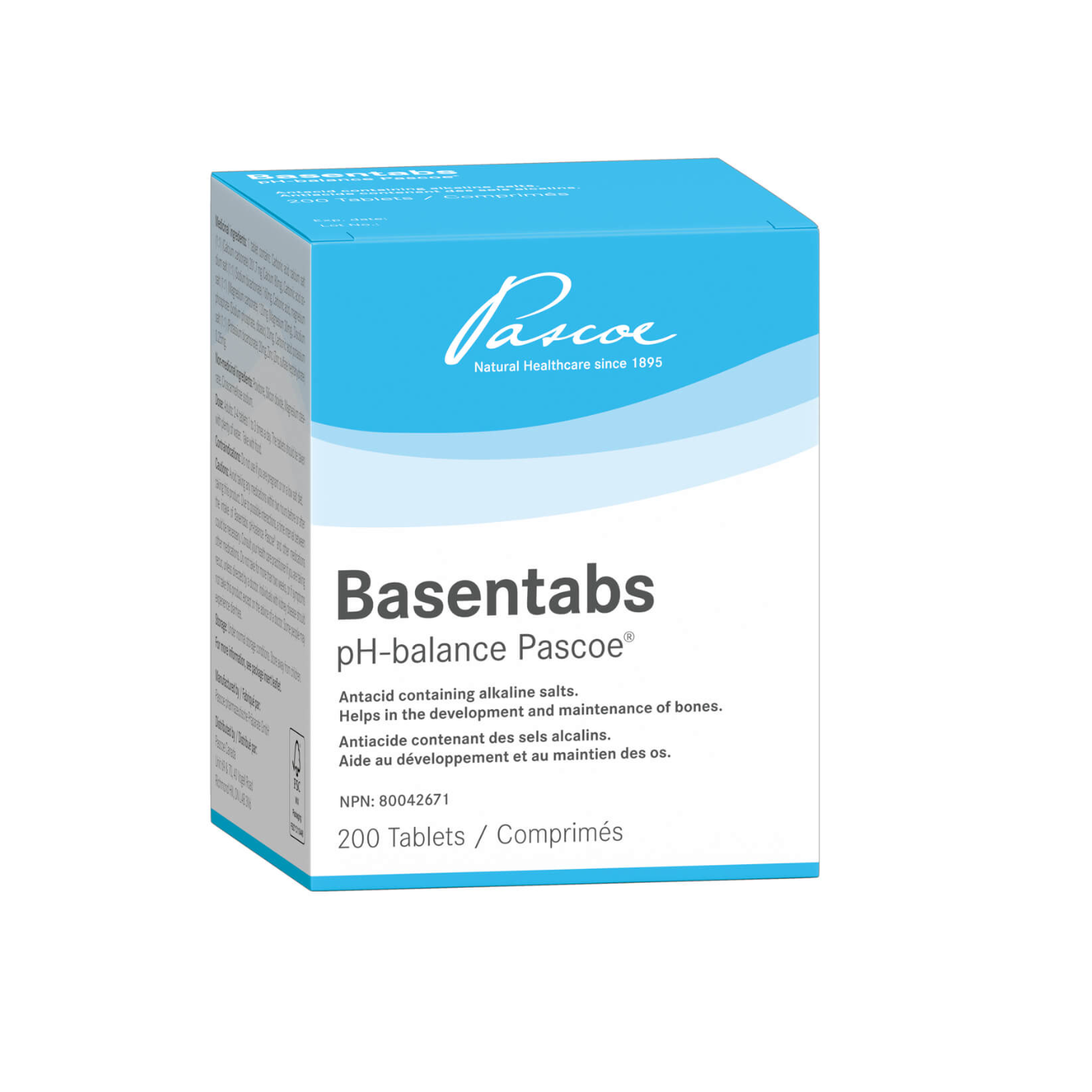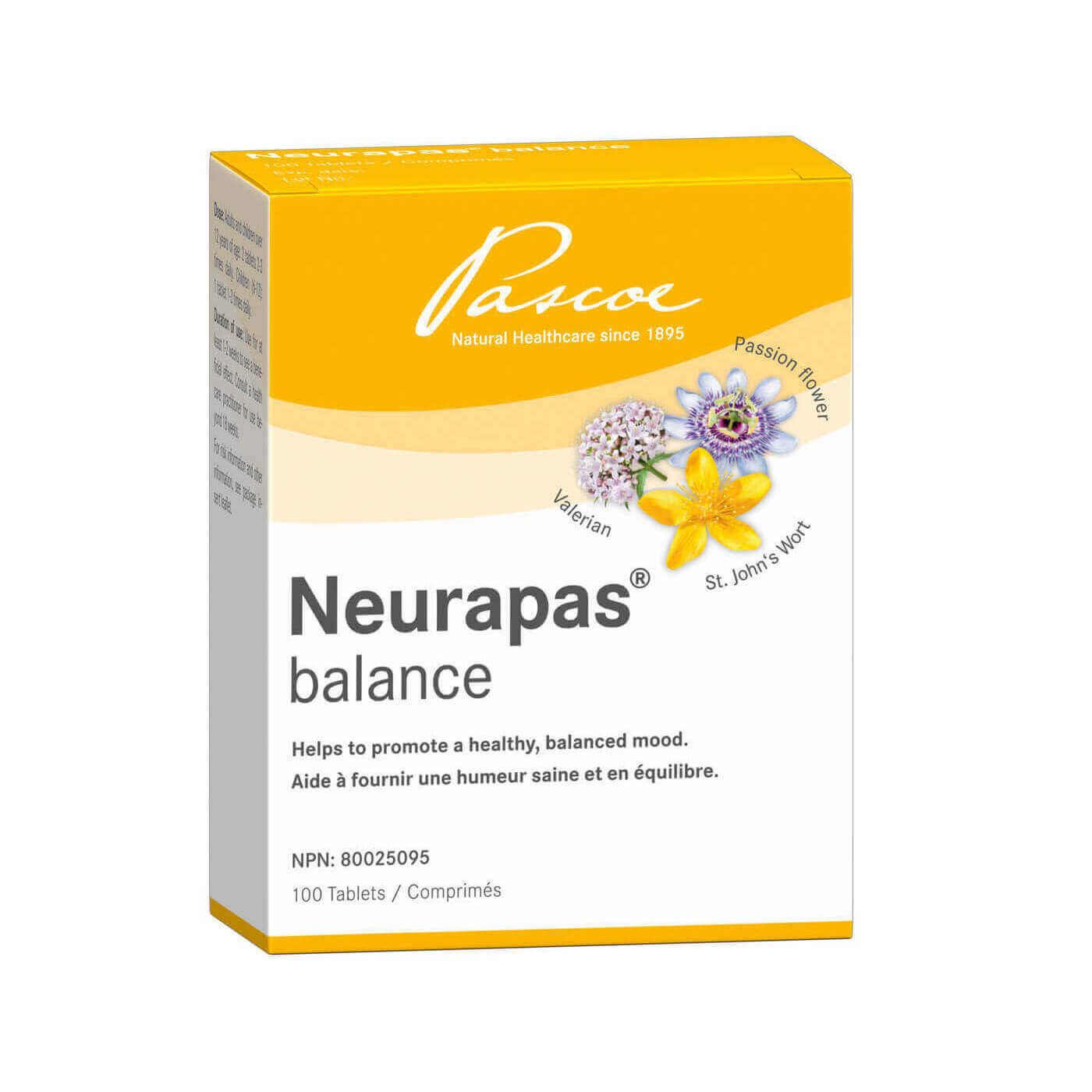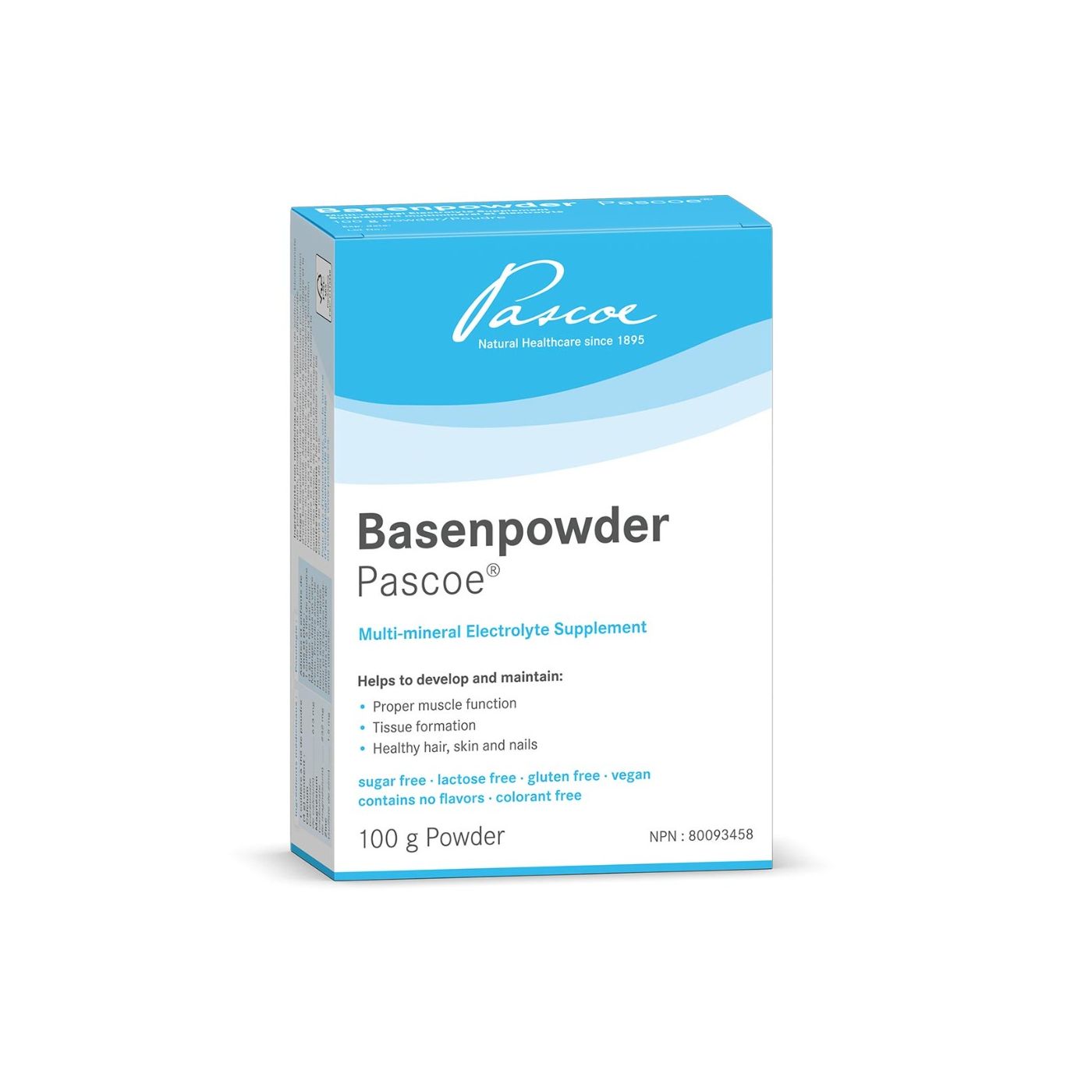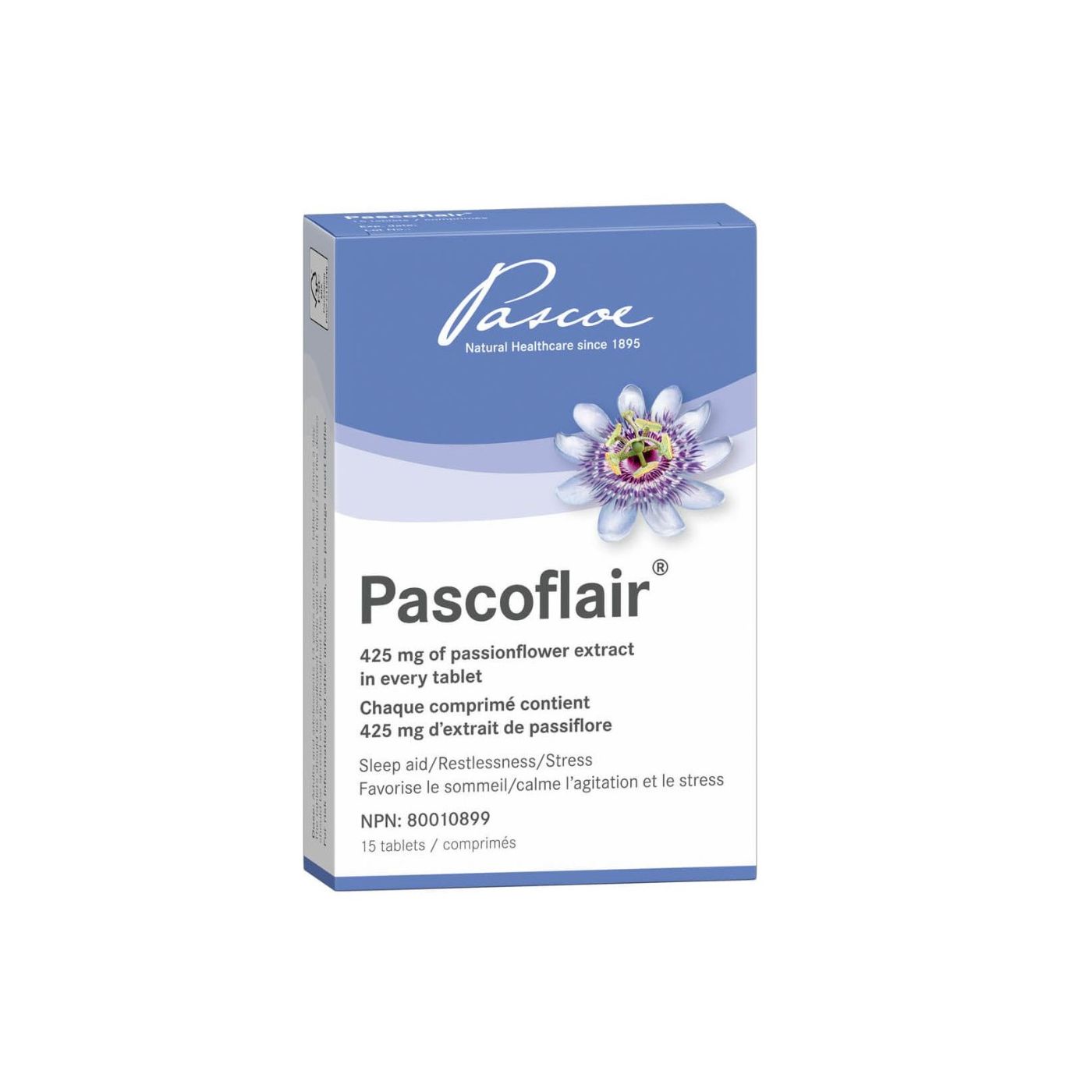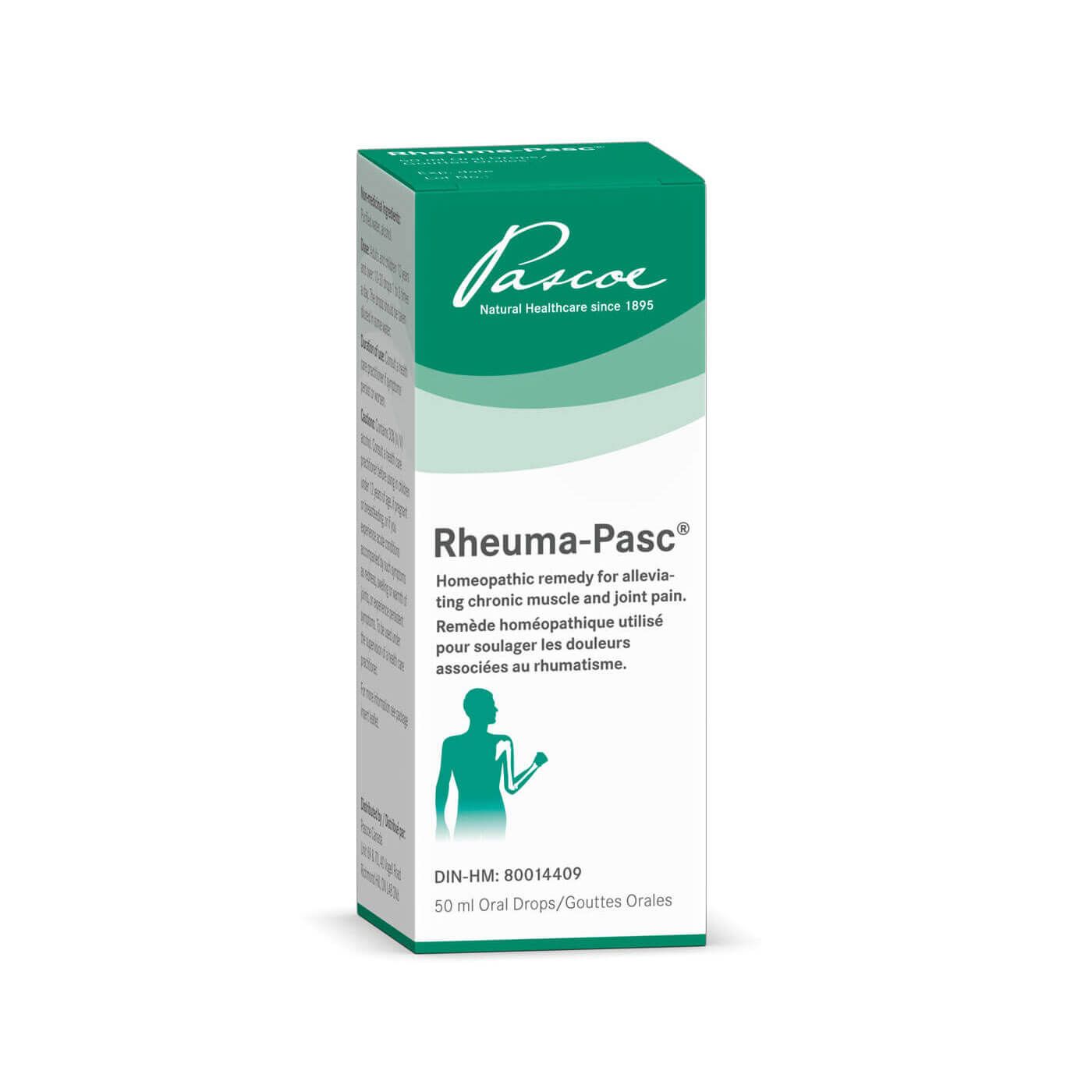Maintain your fitness routine this spring and improve overall health with physical activities!
Fitness is more than just physiological body changes and what we see on the outside. Implementing movement into your day can help strengthen your immune system, reduce your risk of disease, improve mental clarity and support your body's necessary functions. Understanding how and why to exercise is the first step in improving overall health.
Want to establish and maintain a regular exercise program that can have a positive effect on sleep quality, immunity, energy levels and physical fitness? The importance of implementing exercise into your daily and weekly schedules is more than what you can see, but how you feel! It can also be a program that reduces your chances of developing health problems and has the potential to combat health conditions such as heart disease, high blood pressure and type 2 diabetes! Learning how to incorporate an easy and effective calorie burn throughout your week is the first step to a healthier lifestyle!
The easiest way to introduce physical exercise is to make it fun! Allowing your body to move while doing something you enjoy overall improves the effectiveness of the experience! Sometimes it is hard to know where to start or develop an effective workout program, but regular exercise offers many health benefits that shouldn't be pushed aside!
Exercise routines can sometimes get a bad rep, especially when we try to compare ourselves to others or set unrealistic expectations of what our routine should look like.
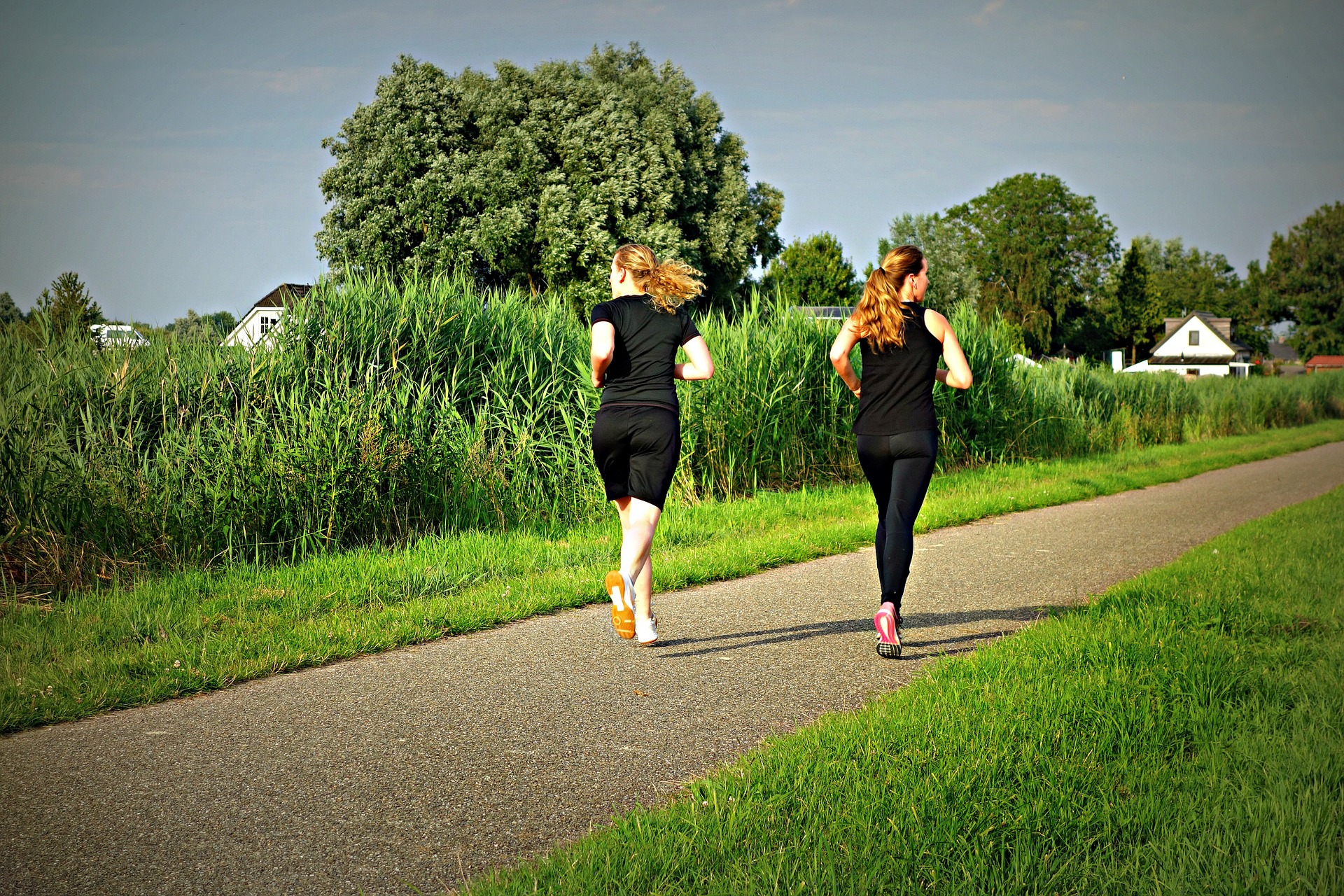

A well balanced fitness routine will take into consideration our body as a whole. Our mind, our muscles, our bones, skin and our organs. Once you start associating physical activity with overall health, you might just want to jump out of your chair and get started!
Important benefits of regular physical activity
Feeling good is one of the most important benefits of an exercise activity! You've probably heard of endorphins right? Well if you haven't you should keep reading, they make you happy! Endorphins are released when you exercise and is the exact reason you experience a feeling of euphoria after finishing physical movement. Even a simple moderate-intensity aerobic activity will release endorphins, such as a brisk walk! If this hasn't convinced you yet, keep scrolling to further understand why an activity a day is an important part of a wholesome lifestyle!
5 physiological health benefits of regular physical activity:
- increased muscle mass and defined muscle tone
- healthy nervous system and healthy hormone levels
- increased bone density (less risk of osteoporosis)
- healthy weight maintenance and weight management
- increased metabolism


5 mental health benefits:
- improved sleep
- healthier mood
- relieves stress
- improved cognitive ability
- improved self-esteem
Physical activity can have many positive benefits on your physical self, notably what you might see on the outside, but that is not all! Increasing you mobility on a daily basis can help alleviate chronic muscle and joint pain. Physical activity can also have a profound effect on what is happening on the inside, from decreasing cholesterol levels, to improving bone health and mental health!
Benefits of 60 minutes of moderate aerobic exercise per week
Of course exercise training has the ability to help promote weight loss and reduce fat levels, but also has the ability to contribute positively to other factors beyond the number on the scale!
According to the Mayo Clinic, in order to improve heart health, you must increase your good cholesterol. Increasing the levels of high-density lipoprotein cholesterol (HDL) will lower your triglycerides which are known to be a cause of metabolic syndrome, including obesity, in higher levels. By incorporating at least 60 minutes of aerobic physical activity per week will have a positive effect on your HDL levels and will help reduce your risks of disease. It is also important to supplement your body with the correct nutrients and electrolytes to regulate your acid-base balance. Following this activity guideline and limiting trans fats in your diet are directly linked to lowering triglyceride levels and improving health long-term.
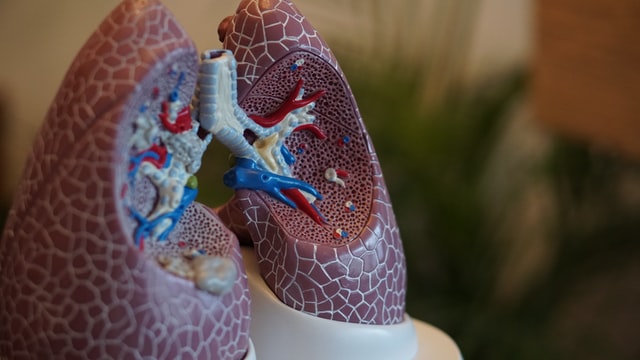

Chronic diseases or health conditions that can be improved or avoided by regular physical activity:
- reduced risk of heart attack or heart disease
- lower blood pressure
- improved blood flow
- lower triglycerides
- decreased risk of cardiovascular disease
- lower risk of type 2 diabetes
- improved cognitive function
- increased healthy fats in the body (high-density lipoproteins or HDL)
Mental health, depression and exercise
Not only does exercise help promote physical health but it also can help improve mental health! Physical exercise and regular physical activity have been shown to improve mood, alleviate anxiety and promote positive self-esteem.
In general, our fast paced lifestyles impose a lot of stress on our body and on our mind. Allowing yourself time to unwind and burn some calories can have a positive effect on your mental well-being. Whether you are having a bad day or struggle with depression, incorporating healthy movement into your daily activities can help benefit your mood long term. According to the Mayo Clinic, individuals who live a very sedentary lifestyle are subject to greater risk of depression and anxiety. This can develop in early stages of your life and continue into adulthood affecting relationships, personal and professional growth and your sex life.
Improved sleep quality can also be a benefit of physical exercise. Introducing moderate-to-vigorous aerobic activity can reduce the amount of time it takes for you to fall asleep at night and can also reduce day time sleepiness by improving energy levels. Overall, regular physical activity can help achieve better sleep and healthy balanced moods!
How to choose the right workout for you: moderate exercise guideline and tips!
Try to increase your heart rate when doing an activity! Going for a brisk walk can be an effective exercise activity if you remember to try and keep your heart rate up!
Workout both your small muscle groups and your large muscle groups. Large muscle groups include your gluteal muscles, legs and abdominals.
Choose exercises that are aligned with your goals. If you are focusing on bone strength and bone health, regular weight-bearing exercises promote bone formation!
Pick a physical activity that is age-related and suitable to your fitness abilities. For children, turning an activity into a game is a great way to promote robust habits. For older adults, low impact exercises such as swimming or stationary cycling are great ideas.
Include body weight, easy-to-do workouts in any environment, such as push ups!
Don't stick to just one exercise or activity type! Include both cardiovascular activities such as running or cycling as well as strength training and resistance training into your program!
Try physical activities and exercises with high a calorie burn such as sprinting, swimming, high intensity interval training and jump rope!
Get outside! It is proven that being close to nature helps reduce stress and is crucial to our overall well-being. COVID-19 has had many negative effects on our fitness programs, but getting outside for aerobic exercise, especially now that it is spring can be as effective as the gym!
And finally, don't forget to stretch and cool down properly right after a session of moderate-to-vigourous activity.
So, after learning the many benefits, take your time and figure out what works best for you! Make a schedule or go with the flow but remember to not over think it! Step outside, hit the pavement or a trail and get your blood pumping!

